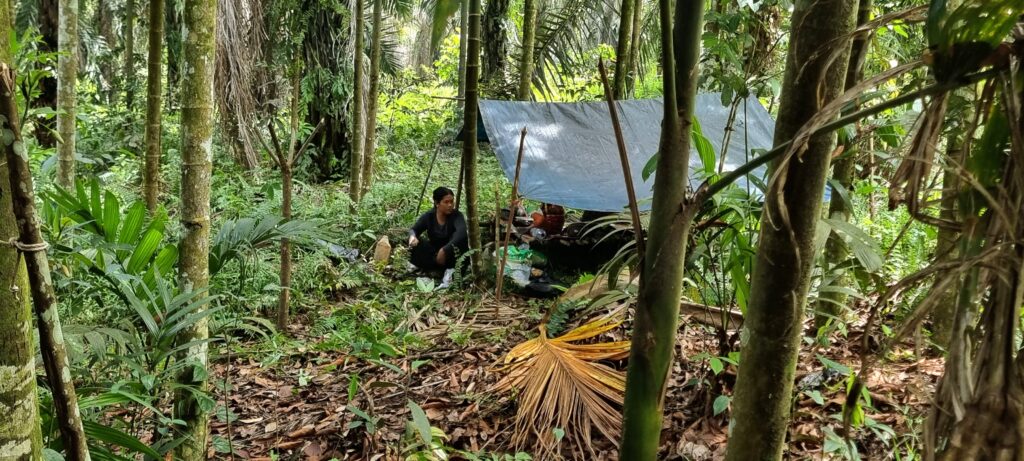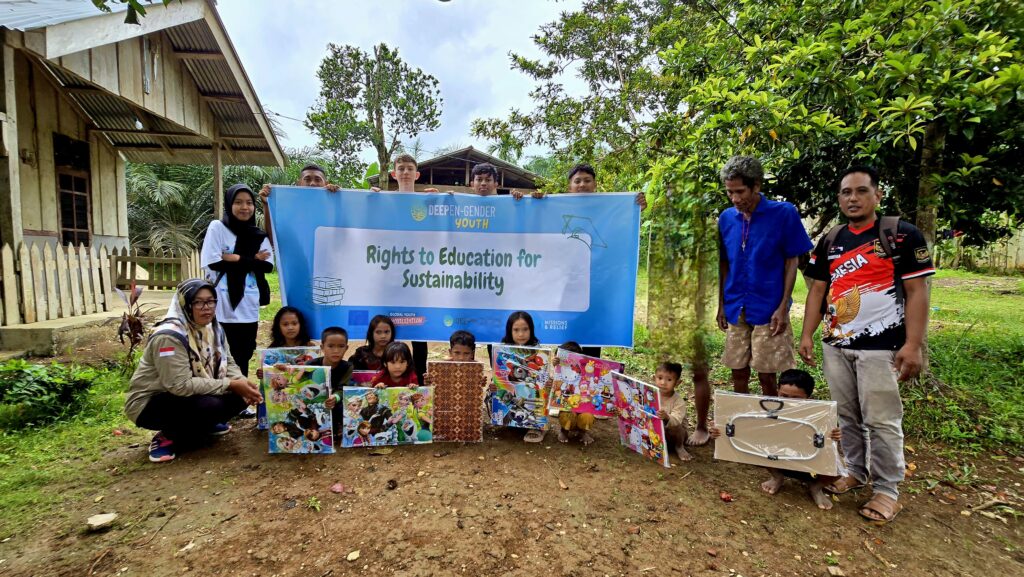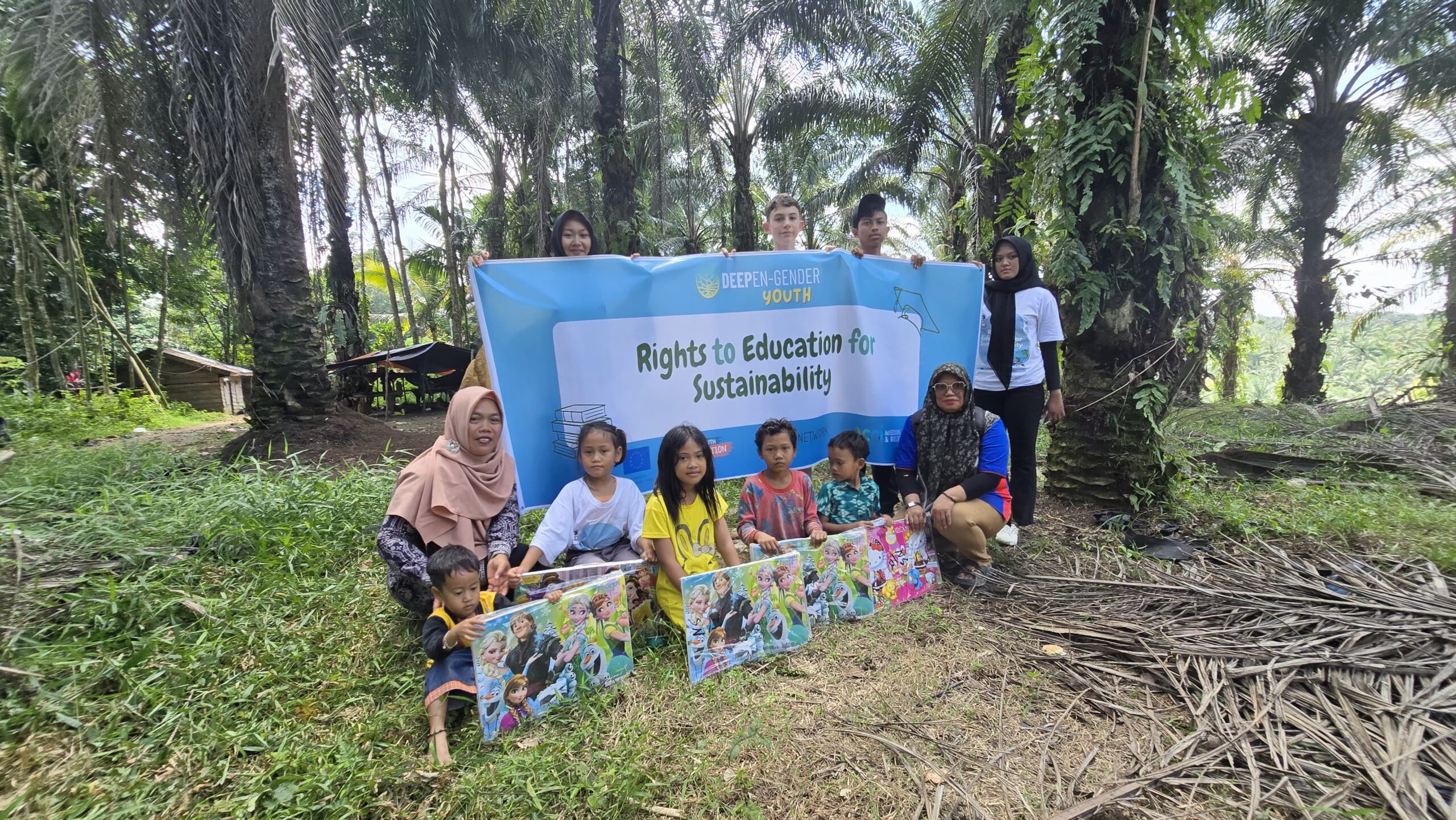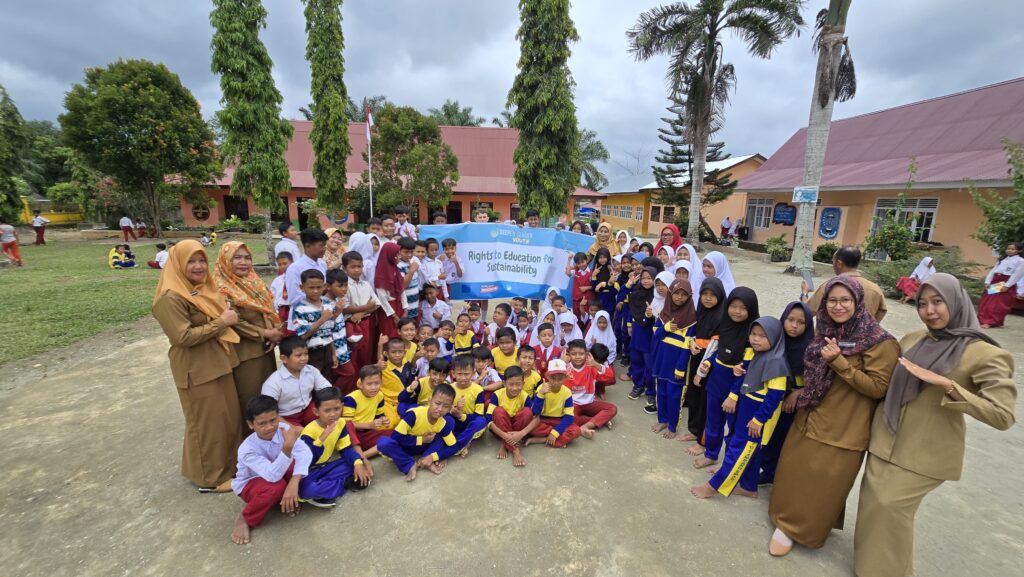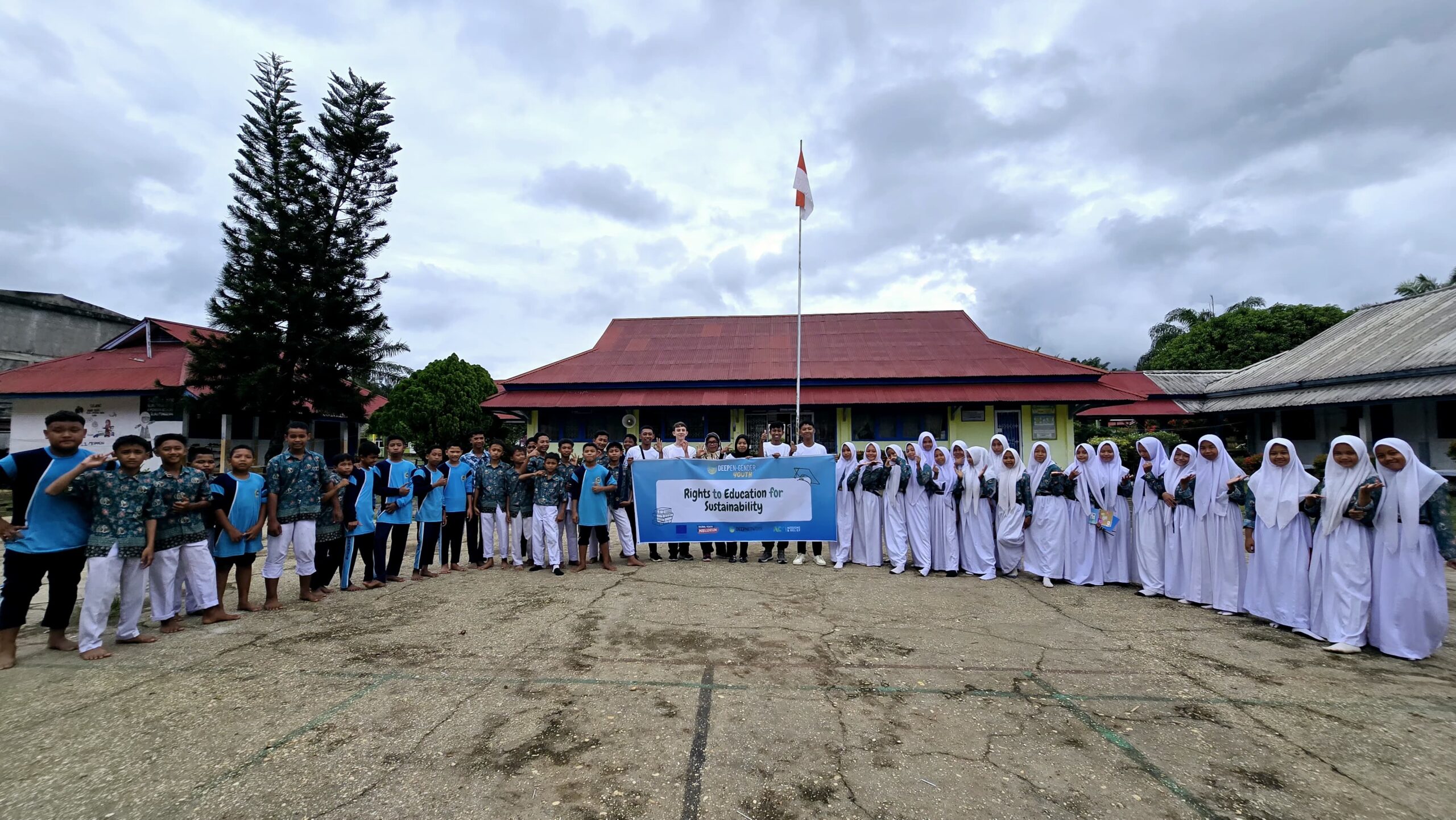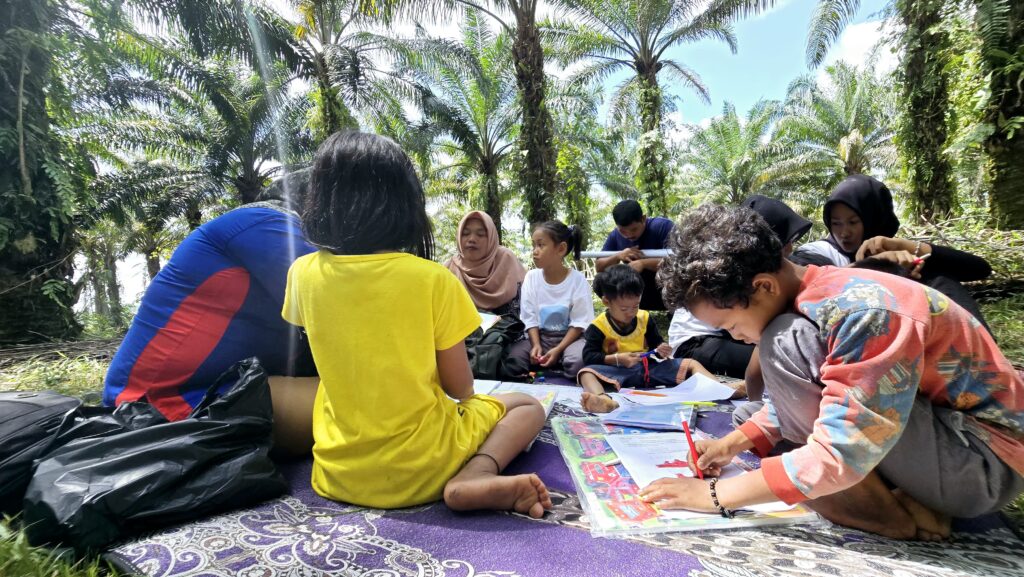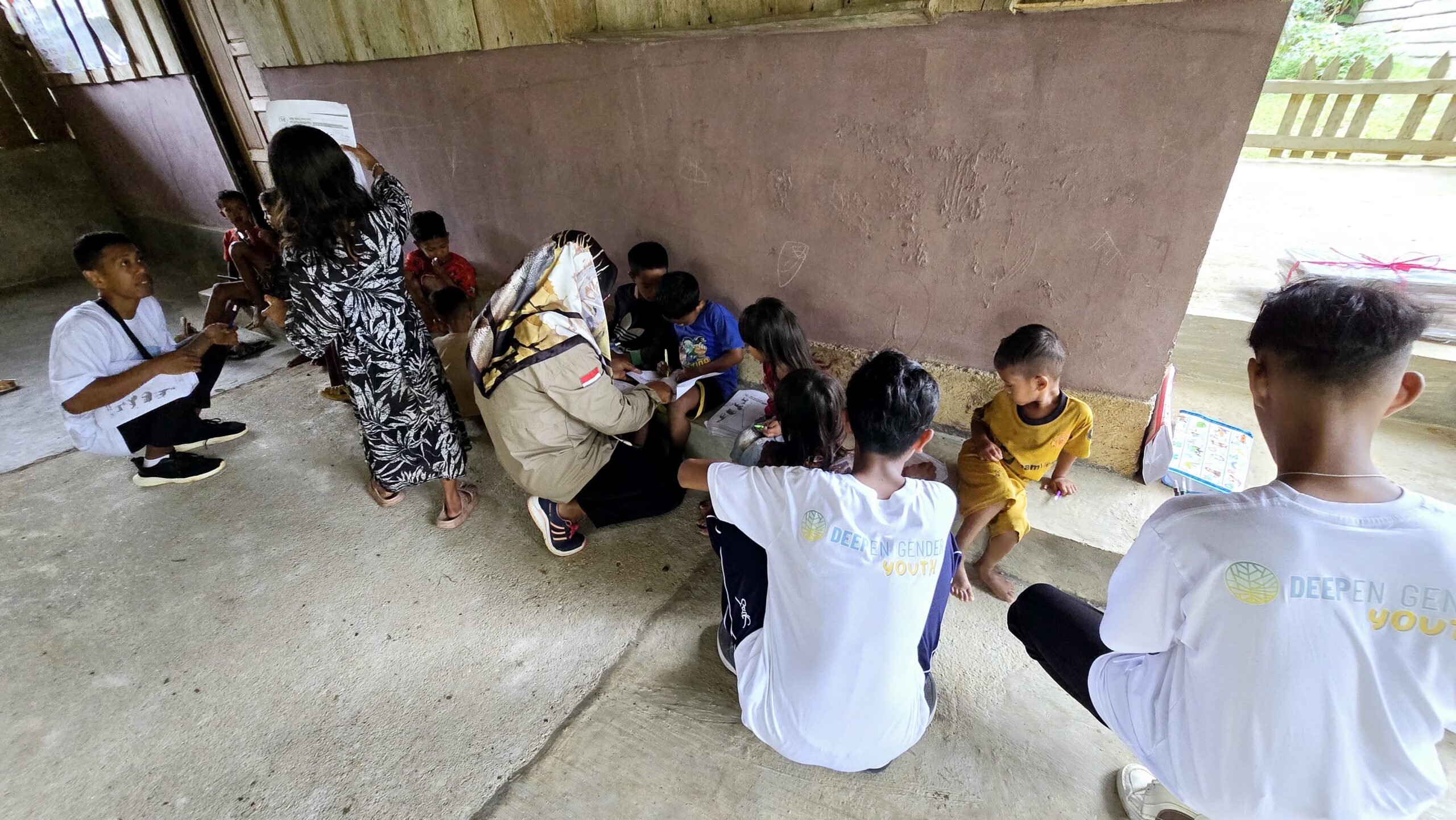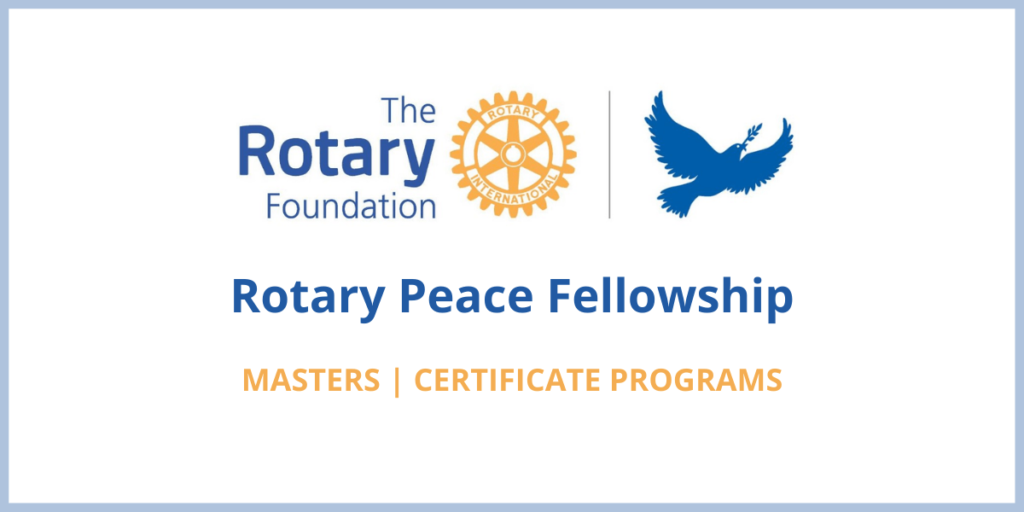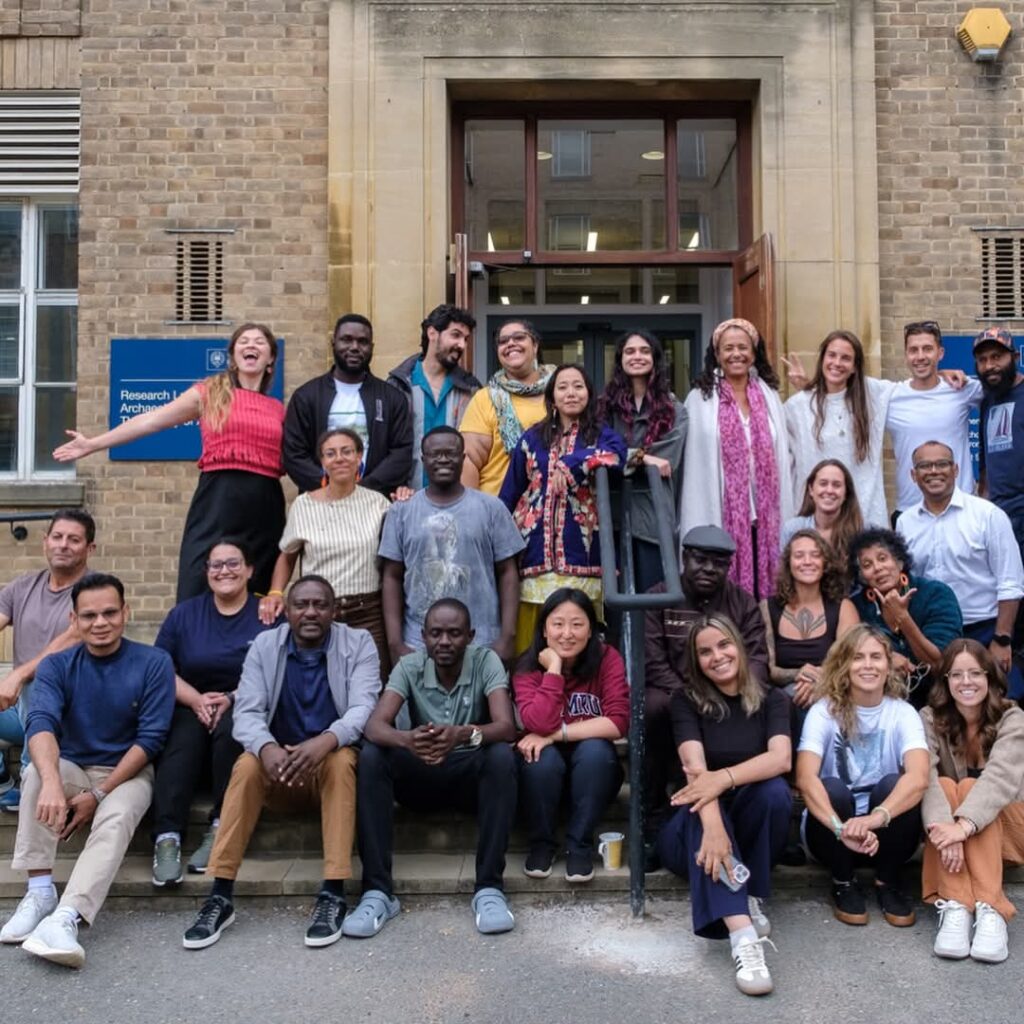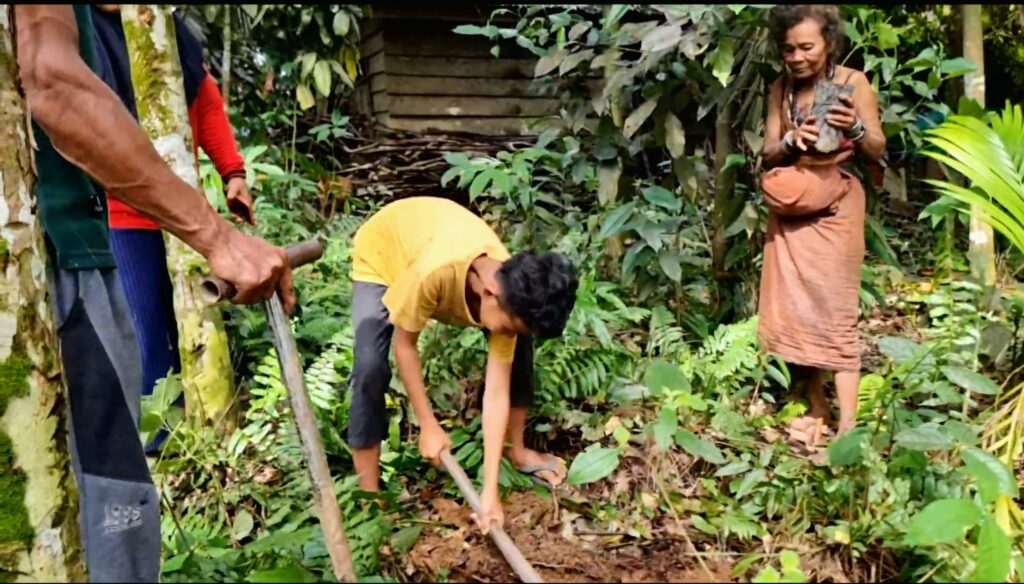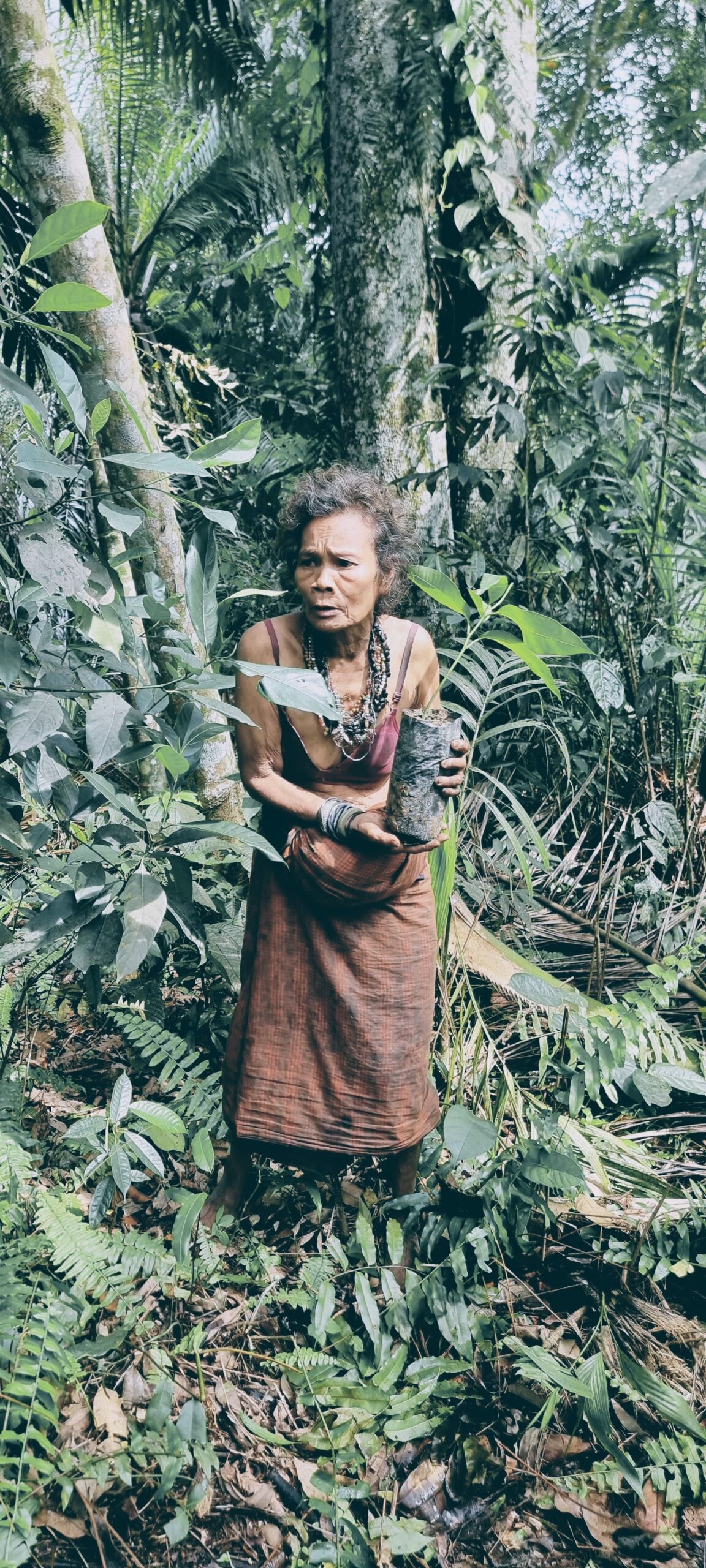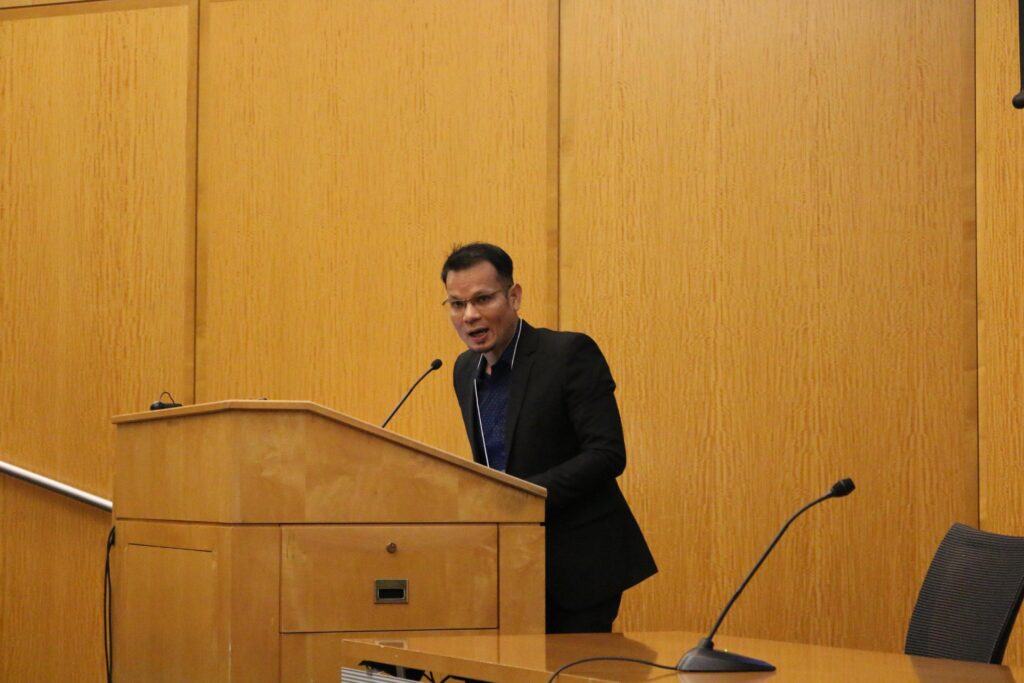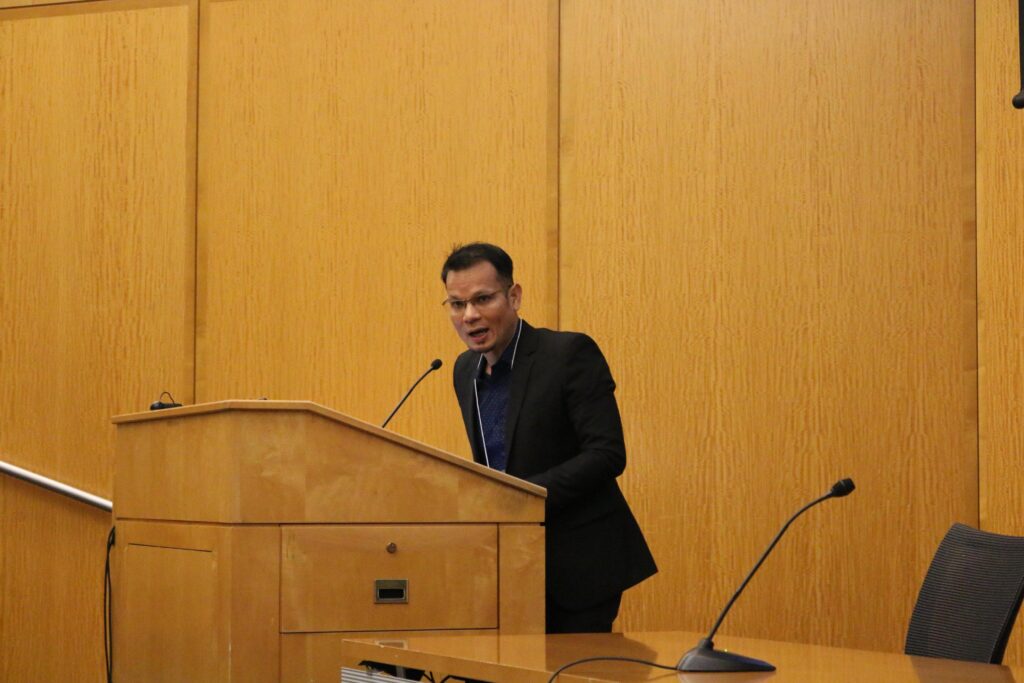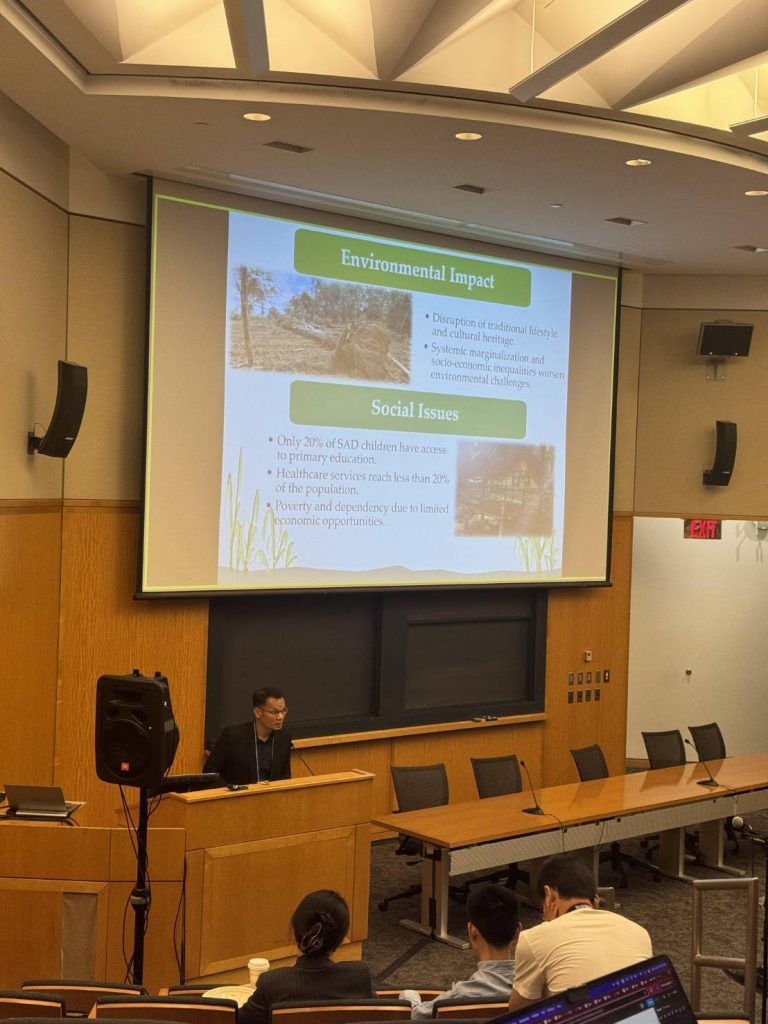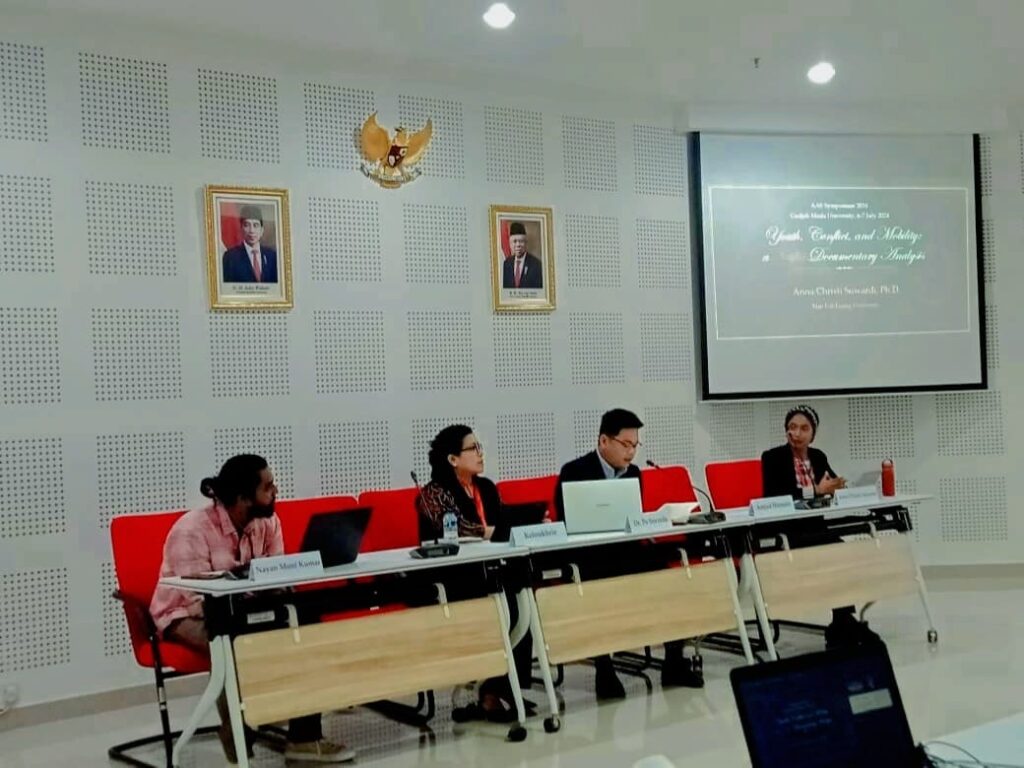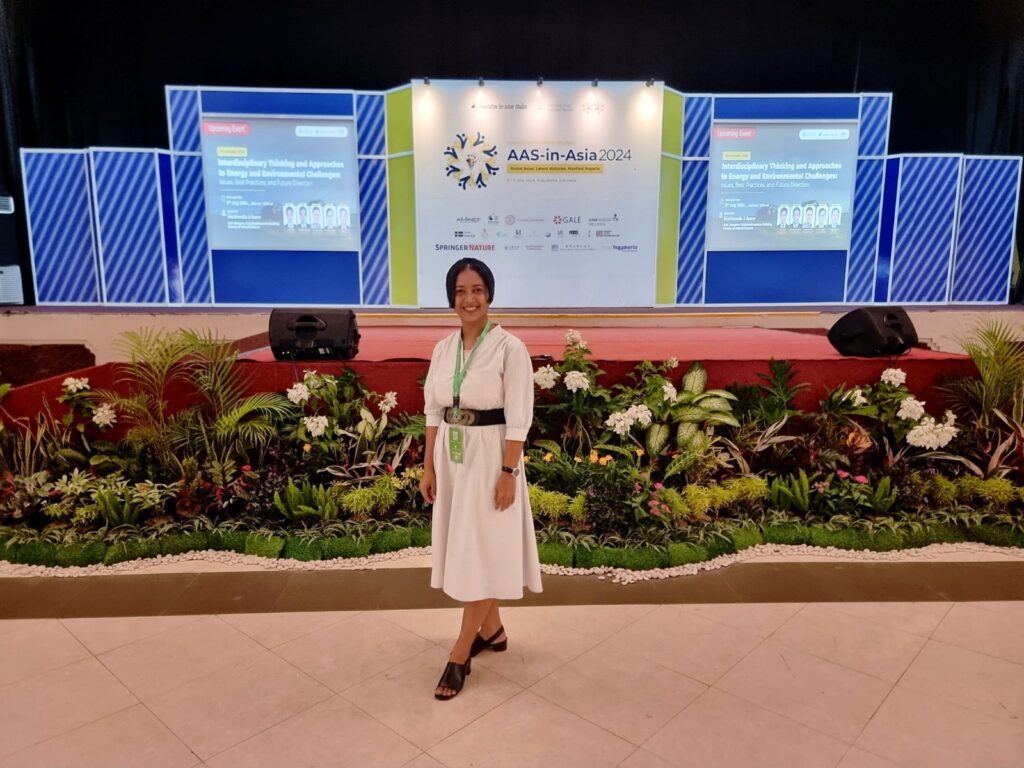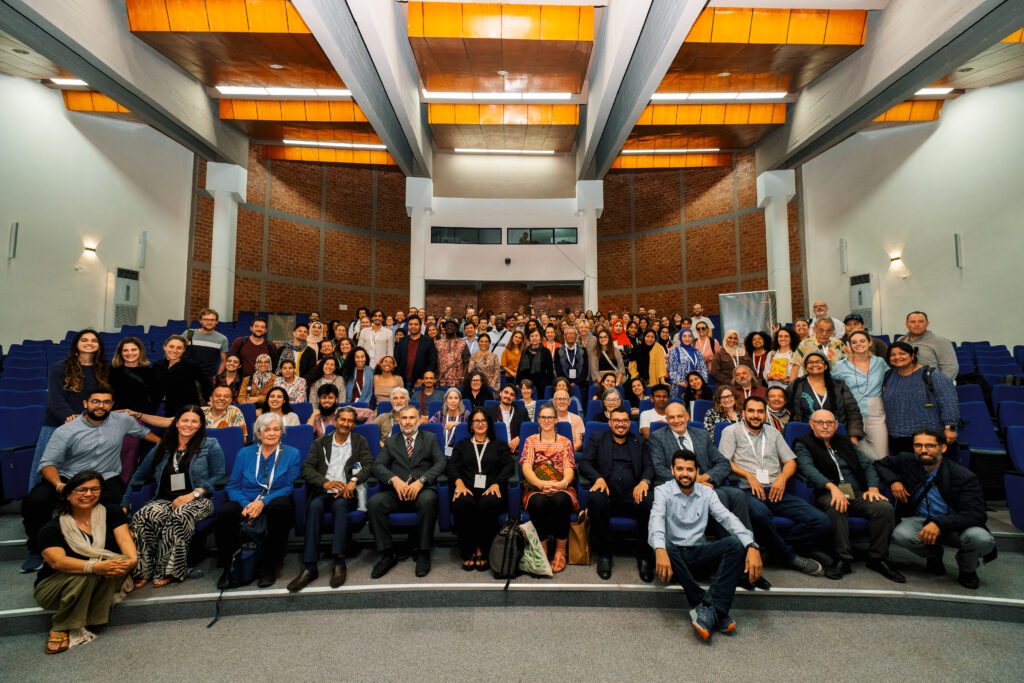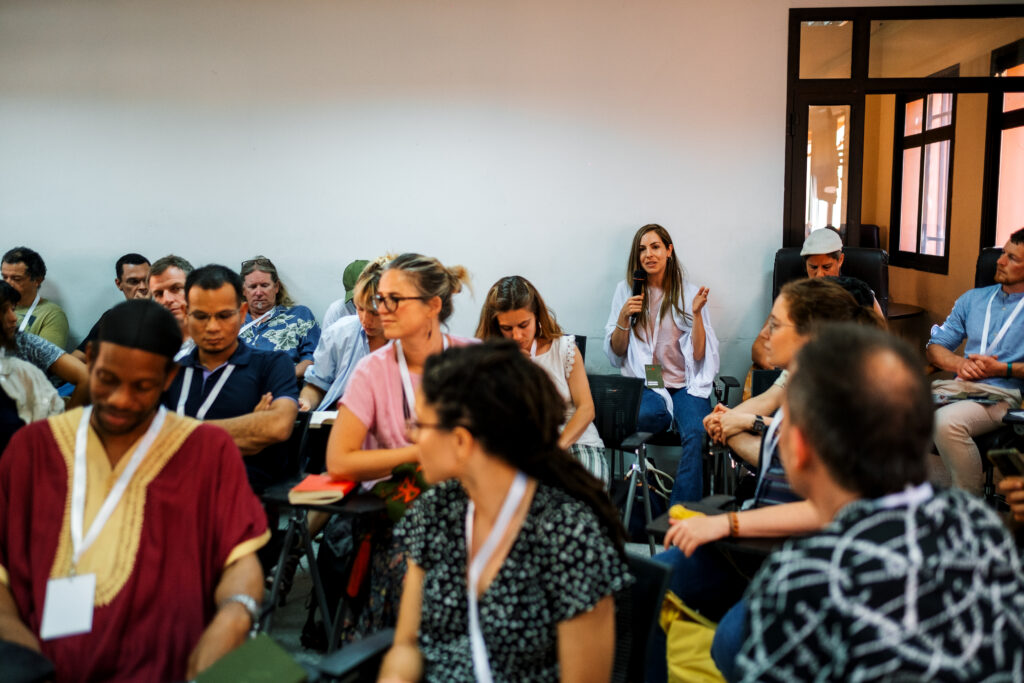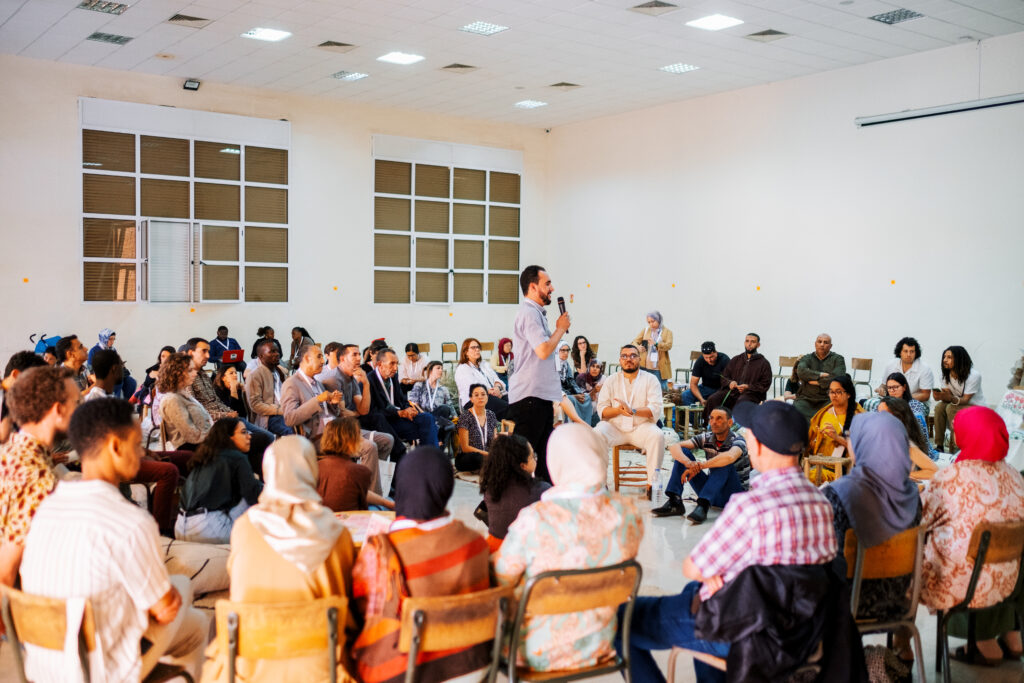Centering Indigenous Rights in Southeast Asia’s Climate Transition
A study by the Asia Indigenous Peoples Pact (AIPP, 2016) documents how Indigenous communities across Southeast Asia face land dispossession, forced displacement, and exclusion from decision-making, as large-scale development proceeds. In Indonesia, research by Aliansi Masyarakat Adat Nusantara (AMAN, 2022) found that 45% of green development projects—including hydropower dams and geothermal installations—were initiated without Free, Prior, and Informed Consent (FPIC). In the Philippines, Indigenous communities resisting renewable energy projects in the Cordillera region have faced criminalization and red-tagging under national security laws (AIPP, 2016).
This context makes the attention to Indigenous rights in the T20 Communiqué (2023) particularly important. The Communiqué acknowledges FPIC as a cornerstone of international law and a vital element of rights-based development. However, translating this recognition into enforceable obligations remains a challenge. Regional legal frameworks in Southeast Asia, including ASEAN’s Comprehensive Recovery Framework (ACRF) and the ASEAN Power Grid Initiative, rarely reference Indigenous rights, despite their direct implications for Indigenous territories (AIPP, 2016). Climate financing mechanisms from regional development banks also lack mandatory requirements for Indigenous consent.
Case Studies: Lessons from the Region
The disastrous legacy of the Belo Monte Hydroelectric Dam in Brazil—a project that ignored Indigenous opposition and caused severe environmental and social harm—offers a stark warning. In Southeast Asia, the proposed Batang Toru hydropower project in North Sumatra, Indonesia, follows a similar pattern, threatening Indigenous Batak communities and the fragile habitat of the Tapanuli orangutan (Dialogue Earth, 2021). Despite community resistance, construction has progressed without fully respecting FPIC or conducting adequate social and environmental impact assessments.
Indigenous Mobilization and Legal Action
Southeast Asia’s Indigenous communities have increasingly turned to strategic litigation and coalition-building to defend their rights. In Malaysia, Orang Asli communities in Kelantan successfully blocked logging permits through the courts (Forest Peoples Program, 2014). In the Philippines, the Cordillera Peoples Alliance works closely with international human rights bodies to document violations linked to renewable energy projects (AIPP, 2016). In Indonesia, AMAN has led the mapping of over 10 million hectares of Indigenous customary land, helping communities secure some form of legal recognition (Shahab, N. 2016).
However, relying on ex-post legal action places Indigenous communities at an inherent disadvantage. Judicial processes are expensive, slow, and structurally biased in favor of state and corporate interests. A 2014 Forest Peoples Programme review found that Indigenous groups with independent legal and technical support were 45% more successful in negotiating beneficial outcomes compared to communities left to navigate the system alone (Forest Peoples Programme, 2014).
Three Urgent Reforms for a Rights-Based Green Transition
1) Embed FPIC in Law and Policy
Southeast Asian governments must legally mandate FPIC for all projects affecting Indigenous territories, including renewable energy, conservation, and carbon offset initiatives. International law, including UNDRIP, already enshrines this right (UN General Assembly, 2007), but national legal frameworks must explicitly incorporate and enforce it. Researches in Africa demonstrates that climate adaptation projects developed with early and genuine Indigenous participation achieved 28% higher success rates, proving that rights-based approaches are also pragmatic.
2) Empower Indigenous-Led Planning and Oversight
Development planning must shift from passive consultation to co-governance, with Indigenous communities leading the design, oversight, and monitoring of land-use decisions. This requires creating dedicated financial mechanisms to support community mapping, Indigenous impact assessments, and autonomous land registries. Evidence from the Forest Peoples Programme shows that co-designed projects reduced conflicts by 33% compared to externally imposed initiatives.
3) Institutionalize Indigenous Representation in Regional Climate Governance
Indigenous Peoples must have permanent seats within ASEAN climate and environment bodies, ensuring they help shape both policy frameworks and project approvals. The Aashukan Declaration (2017), developed by Indigenous leaders, already provides a blueprint for meaningful participation—emphasizing that communities must define their own consultation processes and terms of engagement.
Indigenous Knowledge: A Key to Resilience
Beyond rights, Indigenous ecological knowledge offers practical climate solutions rooted in centuries of sustainable land management. The Convention on Biological Diversity estimated that Indigenous-managed territories contain 80% of the world’s remaining biodiversity. In Southeast Asia, customary systems such as Tayan rotation farming in Sarawak, subak water management in Bali, and agroforestry practices in the Philippines’ Cordillera demonstrate climate resilience in action (FAO, 2024). Mainstreaming these systems into national climate strategies would enhance both climate adaptation and cultural resilience.
Conclusion
Southeast Asia’s green transition will only succeed if it rejects its colonial past and embraces Indigenous leadership, rights, and knowledge as foundational pillars. By embedding Indigenous communities—who have the right to give or withhold consent to any project that may affect their lands, territories, resources, or cultural heritage-into law, funding Indigenous—led planning, and granting Indigenous Peoples permanent representation in regional governance, Southeast Asia can simultaneously advance climate action and Indigenous rights. Such an approach would not only align the region with international human rights standards, but also unlock locally-grounded solutions for climate resilience.
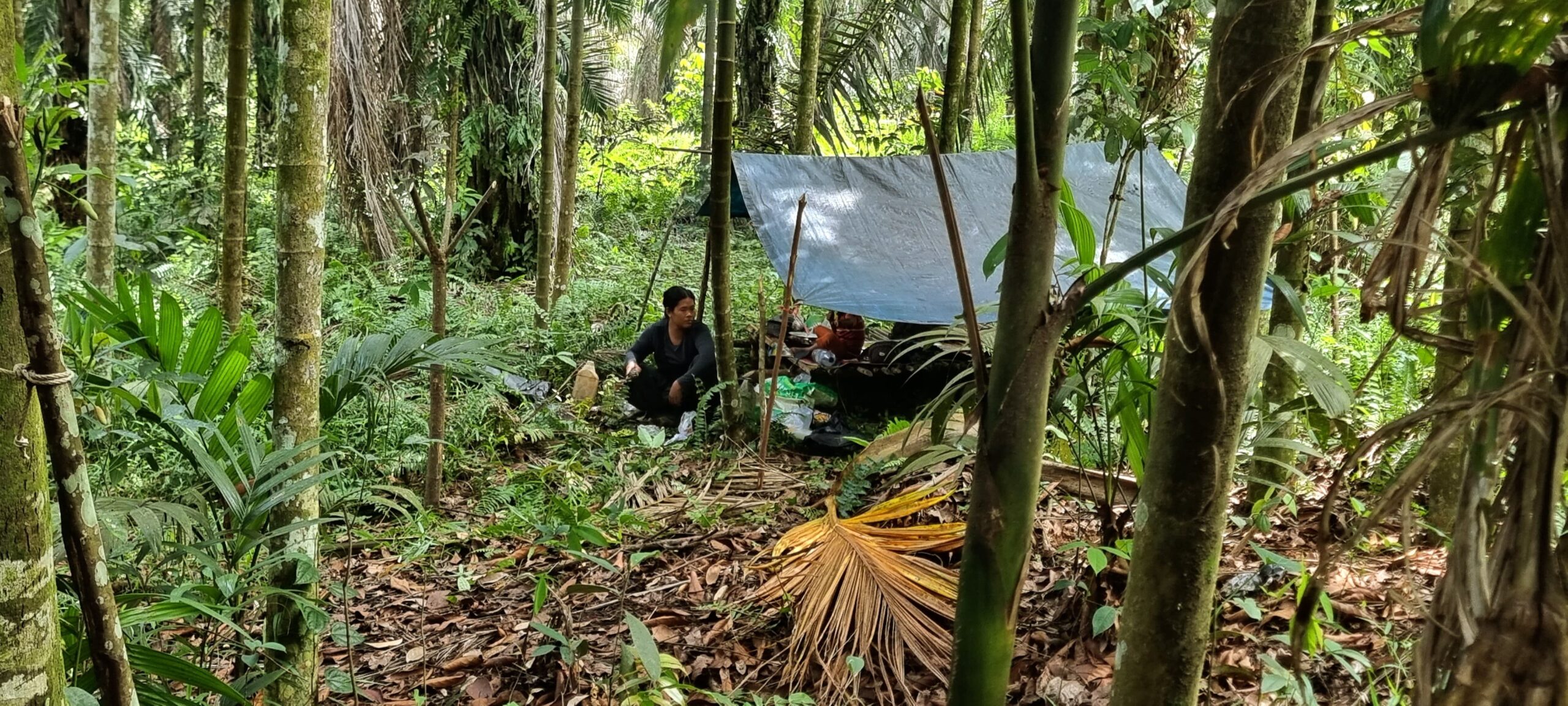
Picture: An Indigenous Suku Anak Dalam family living on an oil palm plantation during an interview on Indigenous ecological practices, conducted by DEEP En-Gender in Jambi. Photo taken by Sandra Tri Febiani (field assistant), December 2023
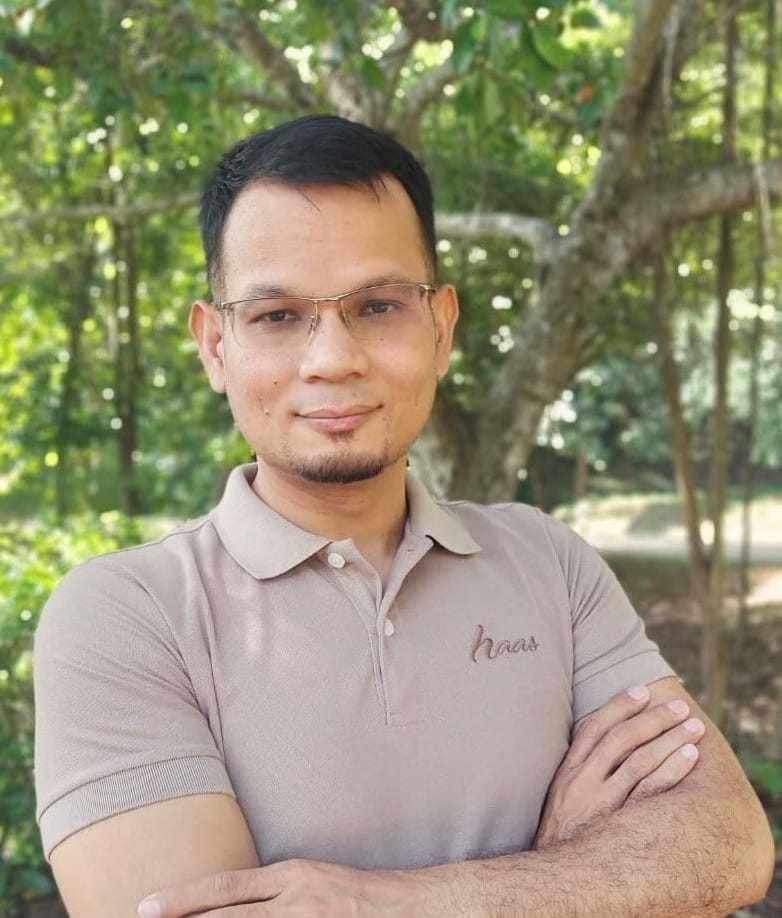
Dr. Sadar Ginting
Dr. Ginting's interests are in food systems and nutrition security among vulnerable communities in emergency settings and Indigenous communities facing forest degradation. He holds a Bachelor's and Master’s degree in Public Health from the University of Sumatera Utara and a doctoral degree (Dr.PH) in Public Health from Naresuan University.
Centering Indigenous Rights in Southeast Asia’s Climate Transition Read More »

